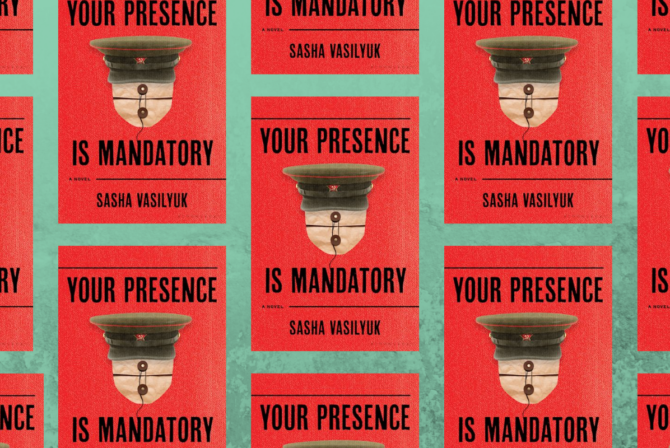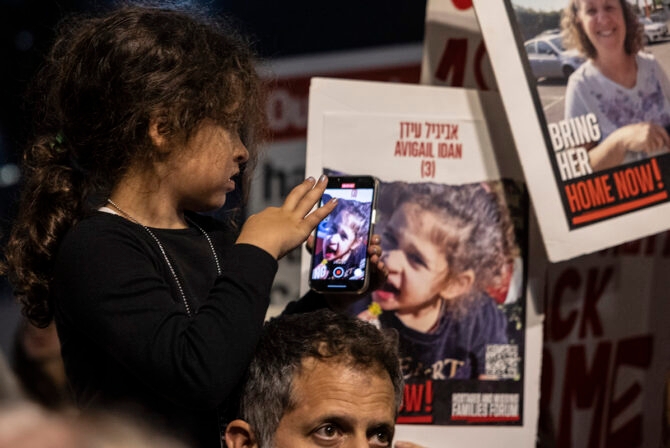The biggest challenge most parents of young children face is how to effectively discipline in a way that stops bad behavior, encourages good behavior, and creates a conscience.
When I was a kid, my mother slapped me on my hand, arm, or tush. And I was a good kid! The worst thing I ever did was “be fresh” (aka talking back) or fighting with my younger sister. I distinctly remember putting a book in my underpants–I might have been good, but not too smart. My mother removed the book before potching (Yiddish, slapping) me.
My husband, by his own account, was pretty mischievous–he shot his sister’s canary to death with a water gun, tried to flush his friend’s snowsuit down the toilet so she wouldn’t leave the play date, got stuck on top of the garage, and frequently heard, “Wait ’til your father gets home!” His dad then took him into the den and slapped him with a belt! It is impossible for me to imagine my lovely and loving father-in-law doing that, but he did. So did a lot of dads in those days. (In my case, my father never hit any of us. He never even raised his voice to me.)
Long ago, our friends spent Shabbos with us. We each had two small kids at the time. Their young son (probably about 2 years old) was angry at his older sister and hit her. His father, a psychologist it should be noted, took the little boy across his lap and spanked him several times, all the while saying, “We do not hit!” This is a true story.
As a parent, I was absolutely philosophically opposed to any kind of corporal punishment. But I did slip up and recall giving a potch when daughter #2 broke a bottle of nail polish all over the bathroom after being warned repeatedly, and a slap on son #2’s tush when he broke an expensive doll after being similarly warned, and a big yell and zets (Yiddish, more than a potch) on son #1’s tush when he ran into the street–I was very pregnant and didn’t get to him fast enough to prevent his sprint. I think I must have hit daughter #1 at least once, but neither of us recall when. I regret these times when I was so out of control that I physically hurt my child. It was wrong in my scheme of things. Their provocative behavior was never repeated–partially, I think, because of the shock of my reaction.
I believe that kids basically want the approval of their parents and that appropriately withholding that approval generally keeps them in line. When they really needed correction, I changed the tone of my voice and my facial features. I did not yell, but they knew I meant business when I looked and sounded a certain way. To this day, none of my kids like their middle names because being in real trouble was introduced with being called, for example, ”Sarah Rachel!” (Note: name changed to protect confidentiality and the innocent!) Their middle names were never used for anything else except on forms for camp, school, or other official business.
I came to believe that the key to effective discipline is to REALLY MEAN it. If you want to stop or prevent behavior, the way you handle it has to be the same as if what your child is doing is imminently dangerous–as if they were running in the street or holding a loaded gun. The behavior must be absolutely taboo, verboten, totally and completely unacceptable.
When I brought a new baby home from the hospital, I remember the next oldest sibling trying to take a bite out of his cheek. I whisked her away, held tightly to her arm, raised my voice, made as scary a face as I could, and angrily said, “Sarah Rachel (again, name changed to protect confidentiality and the innocent), you will NEVER, EVER bite anyone again!” She burst into tears…and never did. Some things just cannot happen more than once.
I did not get paid enough to referee my kids’ fights. I told them that all the time. If they fought, I would not decide who was “right.” If they could not resolve the issue by themselves, they all got “in trouble” which meant the withholding of privileges. It worked. I promise. You can ask all four of them.
An important part of good parenting means figuring out how to rise to the challenging task of effective discipline. You cannot reason with a 2-year-old. And if you really want to be taken seriously, don’t “reason” with any of them at any age, ever, at all. Listen and consider. Be very certain of your position before putting it into action.
That’s not to say that there is never a “court of appeals.” Sure, when he’s old enough, let your kid make his case, bring his evidence (note: immediately disregard “but ma, everyone’s doing it!”), witnesses and character references. But you are judge and jury. What you say, goes. Period.
A parent’s job is not to be their kid’s friend. I am astounded at how many moms take pride in saying, “Oh, my daughter is my best friend.” No daughter should have that role and I’ll bet you most don’t want it. Get your own friends your own age and be a parent.
But, if you do things right most of the time, when your children become parents themselves, maybe they’ll get what it is you were trying to do for, not to, them. Maybe they’ll respect you for what they once resented you for. Maybe they’ll even incorporate some elements of your parenting style into their own.
And maybe, if you’re very lucky, they’ll want to share things with you, to be with you…sort of like a friend. Only better.







